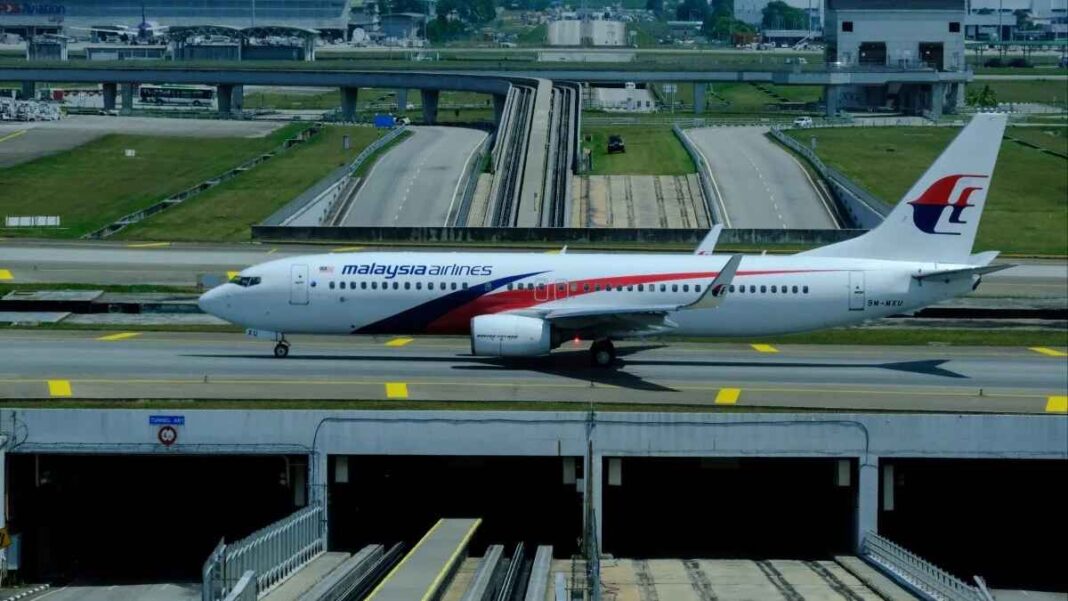Mention Malaysia Airlines and most peoples’ thoughts will turn to the enduring mystery of the disappearance of flight MH370 a decade ago and the tragic shooting down of MH17 just months later.
Now, after posting its first net profit in more than 10 years, Chief Executive Officer Izham Ismail wants to write a new chapter – shedding the carrier’s troubled past and transforming it into a well-run, consistently profitable airline.
“The perception from the public is that this was a laid-back organisation,” Izham, who is managing director of the carrier’s parent Malaysia Aviation Group, said in an interview. “But the new Malaysia Airlines is different, we are creating an organisation that is hungry.”
Izham said 2024 will be a “year of credibility” for the airline, as it seeks to prove that consecutive years of operating profit weren’t a fluke caused by the post-pandemic surge in airfares and travel demand. He then aims to turn Malaysia Airlines into a premium carrier by the end of the decade.
Malaysia Airlines has undergone five turnaround programmes since the 1997 Asian financial crisis, and was delisted from Malaysia’s stock exchange and taken private by sovereign wealth fund Khazanah Nasional Bhd. after the twin disasters of MH370 and MH17 – in which 534 people died.
The airline had turned to two foreign bosses – Aer Lingus Group Plc veteran Christoph Mueller and former Ryanair Holdings Plc executive Peter Bellew – to revive its fortunes, but both lasted about a year in their roles, before Izham, who has been with the carrier since 1979, took the reins in December 2017.
The former pilot, who is generally addressed as ‘Captain’ by his colleagues and peers, led Malaysia Aviation Group – which derives most of its income from the carrier – to a 766 million ringgit (US$161 million) net profit in 2023, its first since 2010. It also posted an operating profit in 2022.
Underscoring its revival, the airline last month signed a multi-year deal to become English soccer club Manchester United’s commercial airline partner. Izham said the agreement was part of an existing marketing budget and came “dirt cheap,” but didn’t disclose the price.
Now the longest serving chief executive in the airline’s history, the 63-year-old is “at the crossroads” on whether to continue after his contract expires in December. “But we have a pool of successors ready to take on my role at any time,” he said.
Izham has built a C-suite leadership with an average age of 46, which he is banking on to provide “continuity” to the business plan he has put in place.
That plan aims to have Malaysia Airlines among the world’s top 10 by the end of the decade, although Izham admits its current products are “inferior” to premium segment leaders such as Singapore Airlines Ltd. and Qatar Airways – which the carrier is looking to emulate. Both carriers have reported record profits after staging a faster comeback from the pandemic.
With 5 billion ringgit, or just over US$1 billion, in cash reserves, Izham said that the airline can start investing in its products – such as revamping its fleet, catering, and upgrading seats. It also has a further unused 2.3 billion ringgit of capital from Khazanah.
(SCMP)













